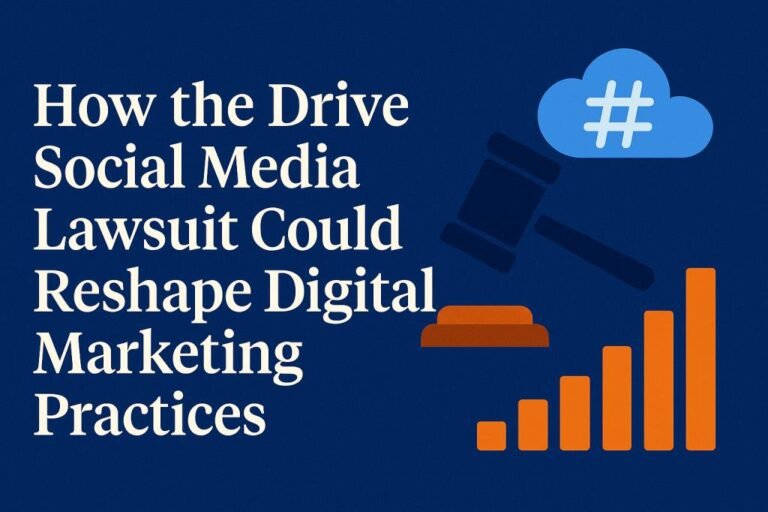What Is the Social Security Fairness Act and How It Impacts Retirees
For millions of Americans, the Social Security system is the main source of retirement security. However, the Social Security benefits that many public employees—such as teachers, firefighters, police officers, and others—receive can be surprisingly diminished. This is because of two intricate clauses called the Government Pension Offset (GPO) and the Windfall Elimination Provision (WEP). By eliminating these clauses, the Social Security Fairness Act seeks to address these problems and promises major improvements for a large number of retirees.
It is crucial to comprehend the Act and its possible effects, particularly for people whose retirement plans depend on a mix of Social Security and public pensions. However, what does the Social Security Fairness Act actually suggest, and how would it alter retirees’ financial situation?
WEP and GPO: What They Are and Who They Affect

Decades ago, the Government Pension Offset (GPO) and Windfall Elimination Provision (WEP) were established to stop what lawmakers perceived as “double-dipping.” In reality, though, these clauses frequently result in lower benefits for public workers who have contributed to Social Security and who also receive pensions from non-Social Security-eligible jobs.
The table below provides a summary of the key information:
| Provision | Who It Affects | How It Works | Effect on Benefits |
| Windfall Elimination Provision (WEP) | Public employees with pensions from non-Social Security jobs who earned Social Security benefits | Alters the formula to calculate Social Security benefits, reducing payments | Can reduce monthly benefits by hundreds of dollars |
| Government Pension Offset (GPO) | Spouses or survivors who receive a government pension | Reduces spousal or survivor Social Security benefits by two-thirds of the pension amount | Can eliminate spousal or survivor benefits entirely |
These clauses are frequently criticized for unfairly penalizing employees who made contributions to Social Security at other points in their careers.
| Example Employee | Years in Social Security-Covered Job | Years in Non-Covered Job (with pension) | Effect on Social Security Benefits |
| Teacher | 15 | 25 | Benefits reduced by WEP |
| Police Officer | 20 | 20 | Both WEP and GPO can apply |
| State Employee’s Spouse | N/A | Receives pension | Spousal Social Security benefits reduced by GPO |
Why Was the Social Security Fairness Act Proposed?
Restoring equity to public employees who have suffered financial hardship as a result of WEP and GPO is the main driving force behind the Social Security Fairness Act. Despite decades of contributions, many retirees discover that their Social Security benefits are significantly lower than what they had anticipated.
Current retirees are not the only ones affected by these provisions. They have an impact on people who are getting close to retirement and future employees who base their career plans on the expectation of specific benefits. The ambiguity and complexity that WEP and GPO produce frequently lead to confusion and annoyance.
How Does the Social Security Fairness Act Propose to Fix These Issues?
The Social Security Fairness Act, if it is approved, would do away with WEP and GPO, enabling public sector workers and their families to get all of their earned Social Security benefits.
In practical terms, this would mean the following:
- Complete retirement benefits, without deductions for government pensions, based on earnings covered by Social Security.
- Spousal and survivor benefits would no longer be withheld from government pensions, providing surviving spouses with greater financial security.
- An application that is retroactive, which means that some retirees may be compensated for benefits they have already lost.
Potential Financial Impact of Repealing WEP and GPO

Many retirees would be significantly impacted financially if these provisions were repealed. For illustrative purposes, the benefits before and after repeal are roughly compared here:
| Retiree Type | Public Pension | Social Security Before WEP/GPO | Social Security After Repeal | Monthly Increase |
| Teacher | $1,800 | $900 | $1,300 | $400 |
| Police Officer | $2,200 | $1,000 | $1,500 | $500 |
| Firefighter | $2,000 | $1,100 | $1,600 | $500 |
For retirees who have already served their communities, this increase in monthly income may result in a higher standard of living and less financial strain.
Why Is There Opposition to the Social Security Fairness Act?
Removing GPO and WEP, according to opponents, would raise Social Security’s costs by billions of dollars over the ensuing decades. The Social Security Trust Fund, which already has solvency issues, might be put under more stress as a result.
Additionally, some claim that by preventing people from obtaining disproportionately large benefits from two different government programs, the provisions help to maintain fairness.
Despite this, proponents contend that the expense is warranted in order to correct what many perceive to be an antiquated and defective system that unjustly penalizes public employees.
Current Legislative Status
The Social Security Fairness Act has not yet become law despite multiple introductions in Congress. Many legislators, particularly those from states with sizable public employee populations, support it on a bipartisan basis.
Retirees and advocacy organizations are still pushing for the bill, highlighting the hardship that WEP and GPO have caused. It’s unclear if this momentum will result in legislation.
Final Thoughts
A significant chance to address a long-standing injustice that impacts millions of hardworking Americans is presented by the Social Security Fairness Act. The Act aims to restore financial stability and dignity to public employees and their families by doing away with WEP and GPO.
The human impact of these provisions—which are frequently disregarded in policy discussions—is evident, despite the fact that there are still political and financial obstacles. The promise of a fair Social Security benefit is more than just financial gain for people who have devoted their lives to serving the public. It’s about their retirement years being secure, respected, and acknowledged.
Frequently Asked Questions
Q1: What is the Social Security Fairness Act proposing?
A: It suggests eliminating the Government Pension Offset (GPO) and the Windfall Elimination Provision (WEP), allowing impacted retirees to receive their full Social Security benefits again.
Q2: Who gains the most from the Fairness Act of Social Security?
A: Public sector workers, including teachers, police officers, firefighters, and their spouses and survivors, who receive pensions from occupations not covered by Social Security.
Q3: Will this act only impact future retirees or will it also impact current retirees?
A: Both would be impacted, as current retirees may receive retroactive payments.
Q4: How many people are currently impacted by GPO and WEP?
A: Nationwide, estimates indicate that more than 2 million retirees and survivors are affected.
Q5: What initially led to the creation of WEP and GPO?
A: To stop people from receiving full government pensions and full Social Security benefits for the same work, which was viewed as unfair “double-dipping.”
Q6: Would the financial stability of Social Security be jeopardized if these provisions were repealed?
A: Supporters contend the system should be just and equal, even if it means more funding difficulties, while critics warn it could increase costs by billions.
Q7: How can I advocate for the Fairness Act of Social Security?
A: Get in touch with your local lawmakers, join advocacy organizations, and educate others about the possible advantages of the bill.








2 Comments